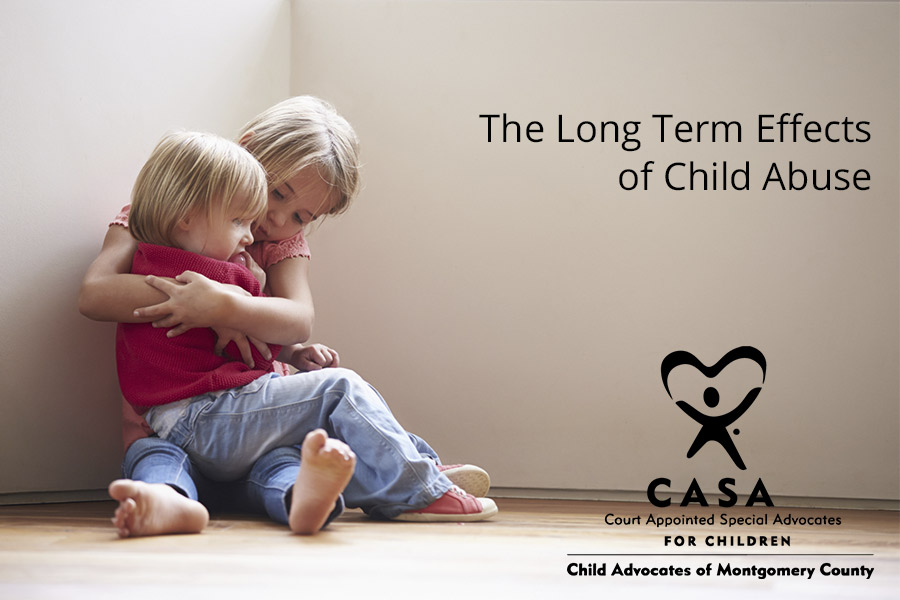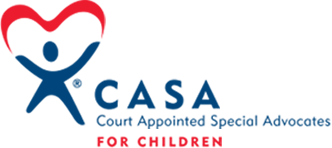The Long Term Effects of Child Abuse

The child welfare system is comprised of a group of services designed to promote the well-being of children by ensuring safety, achieving permanency, and strengthening families to care for their children. Unfortunately, because some have suffered abuse and/or neglect, these children are already in a serious plight.
Babies’ brains grow and develop as they interact with (and function within) their environment. When that baby boy’s cries bring food or comfort, the neuronal pathways that help him learn how to have his needs met are strengthened. The baby boy who doesn’t get a response to his cries, or his cries are met with abuse, learns quite a different lesson. Negative neuronal pathways are strengthened. His ability to respond to nurturing and kindness may become impaired. Prolonged abuse and neglect during a child’s early years can literally alter the brain, resulting in negative impacts on the child’s physical, cognitive, emotional, and social growth.
Research on children who suffered early emotional abuse or severe deprivation indicates that the brain’s ability to use serotonin, which helps produce feelings of well-being and emotional stability, may be permanently altered (Healy, 2004).
Many children in foster care haven’t had safe and stable homes. They may also not have had the love they needed or craved. These factors are keys to building the capacity to cope with future stress. Even if the brain itself has not been altered, individuals who experienced childhood abuse and neglect are at an increased risk for a variety of physical problems, including autoimmune disorders, obesity and increased BMI, Type 2 diabetes, heart disease, liver disease, arthritis and many other serious conditions. They are also more prone to mental conditions like depression, anxiety, and suicidal thoughts.
Chronic abuse and neglect can result in sensitized fear response patterns. Neglect alone can produce other severe problems. Malnutrition can result from neglect, both before and during the first few years after birth, and can, for example, result in stunted growth.
Another consequence of the child welfare system is unavoidable. That problem is inconsistency. The child may have to change schools often and even change homes, creating deep-rooted fears that might require counseling. The child has also been removed from his or her family—good or bad—and a fear of abandonment may occur. The longer a child remains in the child welfare system, the greater the effects will be in the adult the child will become.
CASA Advocates are trying to help children in an overburdened child welfare system and alter the course of that child’s life with kindness and the consistency that may be missing from their current situation. Sometimes, the Advocate is the only stable person in that child’s existence. The CASA Advocate offers that child the careing and consistent presence he or she may need desperately. Studies have shown that having a nurturing individual in his or her life may reduce some of the specific effects of maltreatment. CASA volunteers do make a difference. Contact us today to volunteer to be a child’s helping hand.
